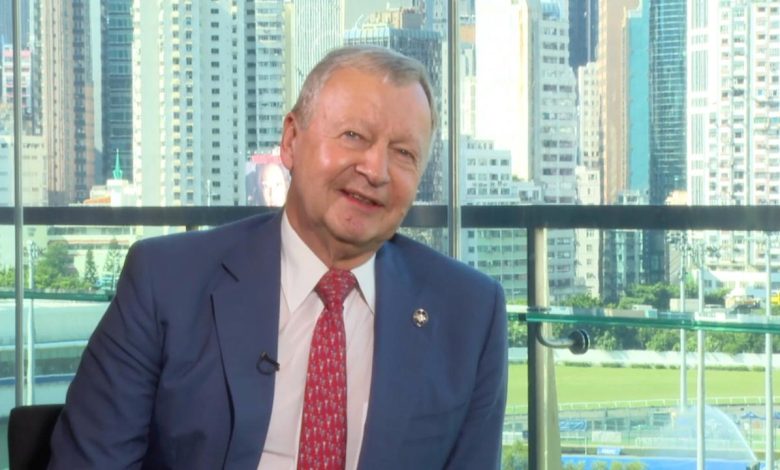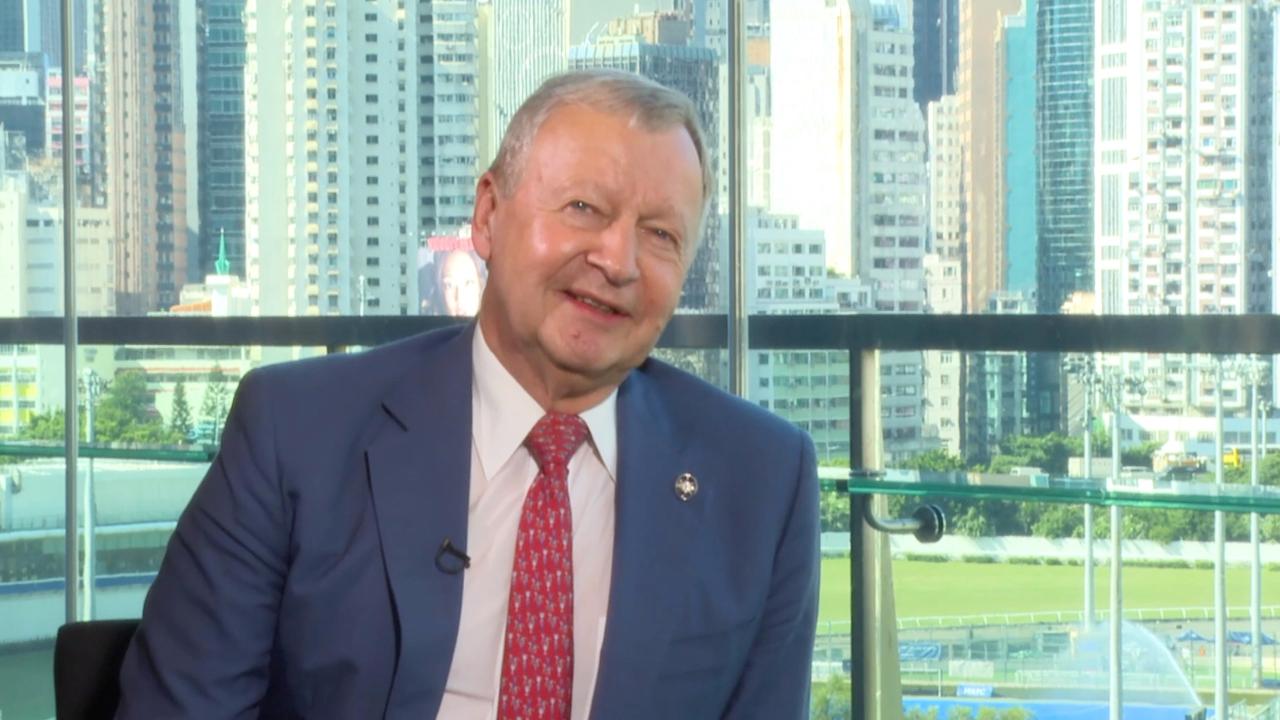CEO of HK Jockey Club lauds China's enormous, overwhelming development


Winfried Engelbrecht-Bresges, CEO of the Hong Kong Jockey Club, spoke highly of China’s development in past decades and unique relationship between the Hong Kong Special Administrative Region (HKSAR) and the Chinese mainland in an exclusive interview with CGTN.
With a deep connection to both regions, he shared insights drawn from over 26 years of living in Hong Kong, complemented by an impressive record of visits to Chinese mainland, estimated to be 500-600 times.
He talked about China’s rich cultural heritage, while highlighting the opportunities that exist for cultural exchange and collaboration under the “One Country, Two Systems” policy.
Engelbrecht-Bresges expressed admiration for the remarkable development seen on the Chinese mainland, especially since 1998. Cities like Shenzhen have become symbols of rapid urbanization and innovation, often described as the envy of the world. The advancements in digital connectivity are particularly striking, showcasing China’s ability to leap into the future of technology.
He mentioned a personal bias toward Shanghai, attributed to familial ties, noting its vibrancy and dynamism. Alongside Shanghai, he praised Beijing for its rich culture and historical significance, specifically mentioning the collaborative efforts with the Palace Museum which aim to deepen appreciation for China’s storied past.
The importance of cultural exchange between Hong Kong and the Chinese mainland
In the context of Hong Kong’s cultural landscape, Engelbrecht-Bresges emphasized the significance of instilling a sense of pride among Hong Kong’s youth regarding their Chinese heritage.
He thought the infrastructure is important, so the Hong Kong Jockey Club Charities Trust donated HK$3.5 billion for the construction of HK Palace Museum. He also initiated various cultural programs and exchange initiatives to enhance understanding and appreciation for Chinese culture.
Despite being immersed in a culturally rich environment, he noted a surprising gap in cultural knowledge among younger Hong Kong residents. This observation fueled a commitment to fostering cross-cultural exchanges that help bridge this gap and reconnect young people with their roots.
The unique role of Hong Kong in the Greater Bay Area
Addressing the broader geopolitical landscape, Engelbrecht-Bresges reflected on the 27th anniversary of Hong Kong’s return to the motherland.
He discussed the enduring resonance of the phrase “the horse racing continues and the dance continues,” highlighting how local traditions and lifestyles remain robust under the “One Country, Two Systems” policy.
He described the Jockey Club’s impressive rise, wherein a small region has become a global leader in horse racing. With only 0.7 percent of the world’s horse population, Hong Kong is home to 9 percent of the best-trained horses, a testament to its quality and excellence in the sport.
As the Greater Bay Area initiative unfolds, Engelbrecht-Bresges articulated a vision for Hong Kong as a vital economic hub and super connector that must embrace the integration opportunity.
By focusing on shared policies and mutual development, Hong Kong can extend its influence in various sectors, including technology, philanthropy, and education.
He envisions a future where Hong Kong continues to thrive as a dynamic, competitive city, harnessing its past while looking forward to global leadership. He added that what Hong Kong impressed him most is the Can-do Spirit, result-orientation, and overcoming difficulties.

